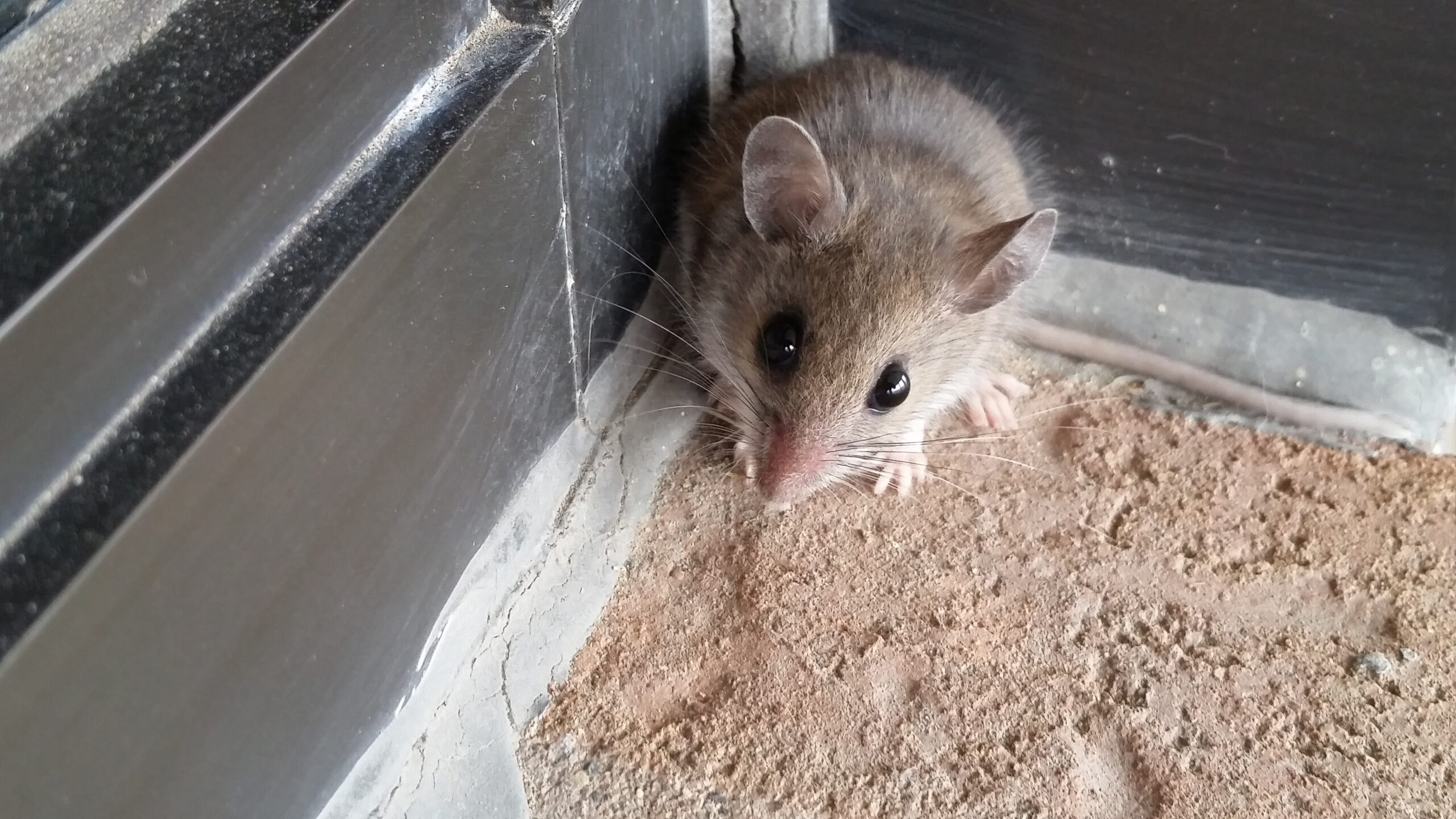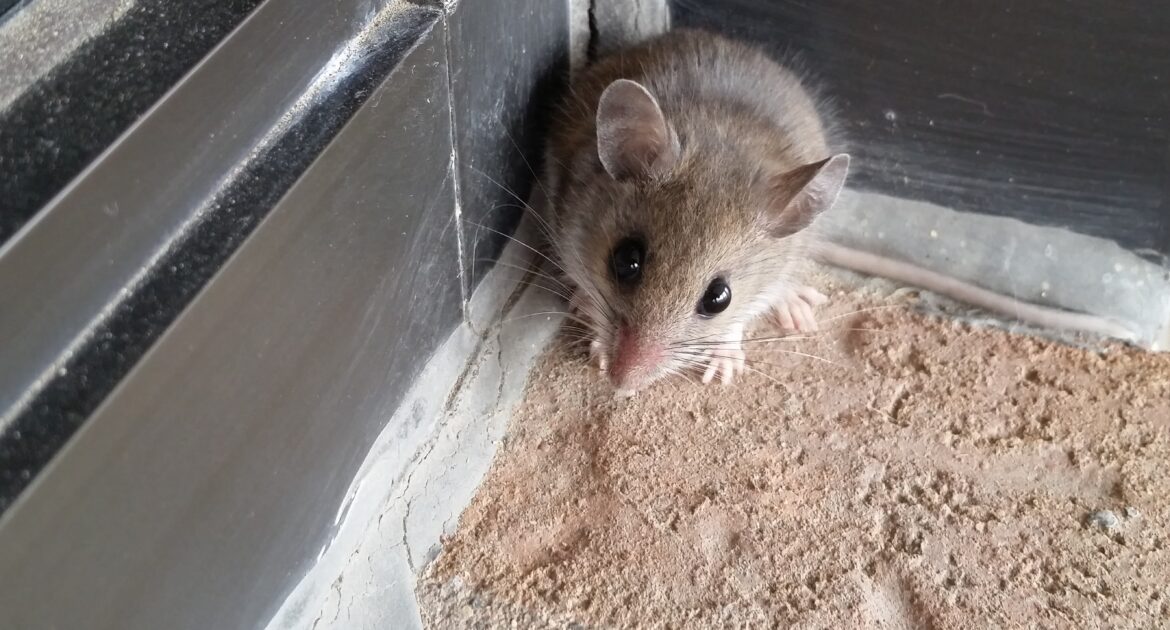Mice. They are a cute species, and for decades people have been obsessed with their adorable features, resulting in cartoons and the growth of media powerhouses. However, despite the animal’s docile appearance and knack for hiding, too many in one place are always problematic, meaning the necessary assistance of wildlife removal in Coquitlam.
Knowing the size infestation you might have is challenging for a homeowner. Mice do not scurry about openly during the day, and if they do, a person rarely sees. Even when a mouse is spotted, the individual or homeowner will probably think it is a one-off, even if they hear squeaking at night.
Do not be fooled. The squeak of a mouse is a warning sign, and it should be understood as such by every homeowner.
Understanding Why Mice Squeak
Alone, a mouse is typically a quiet creature. It scurries about collecting food and nesting materials without making a sound. It only squeaks to communicate with other mice.
Mice are incredible communicators. Their little ears are capable of hearing complex pitches and tones within the high frequencies of each squeak. A person will typically only hear a squeak, but a mouse will hear a mating call, safety alert, or another signal. In a way, a squeak represents mouse language, and as with humans, there is little need to communicate if no one else is around.
Rapid Reproduction Cycles
While a single mouse is not particularly problematic, two or more present a significant concern. Mice have a rapid rate of reproduction, and they do not stick to a single mating season.
The typical gestation period of a house mouse is only three weeks, and within a month of giving birth, the female can get pregnant again. Additionally, within four to eight weeks, the babies reach sexual maturity and can become pregnant.
It is not uncommon for a home to become infested with hundreds of mice within six to eight months, even if the infestation only started with two to four mice. Therefore, if you hear squeaking, assume the worst and know you have more than one mouse.
Professional and Humane Removal
Too often, people turn to commercial means of mice control, which often result in the purchasing of poisons or lethal traps. Not only are these products ineffective and dangerous to more than the mice, but they are also incredibly cruel. A mouse that ingests poison will feel significant agony before it succumbs, and depending on the trap, the same can be true.
No animal deserves to die or be hurt for being itself. A mouse is not deliberately damaging your home. It is not capable of that level of intent. The animal only wants to find food, shelter, and warmth. It wants what every living thing wants: security.
Instead of resorting to lethal or violent options when you hear squeaking in your house, contact a local and humane wildlife service. The company will work with you to create an effective removal plan, including protecting your home against future intrusions.
The team of technicians who assess your house will most likely start by sealing a few holes and placing one-way exit devices over others. The team will need to leave these devices for several days to ensure all mice have vacated the property.
When the team believes all the mice are gone, they will seal every hole. After sealing all entry points, the crew will clean and sanitize the areas of infestation to eliminate any existing bacteria, droppings, and urine.
Do you believe you heard squeaking or the scurrying of tiny feet coming from your walls, attic, basement, or somewhere else on your property? If so, contact the trusted experts of Skedaddle Humane Wildlife Control for a property inspection.




